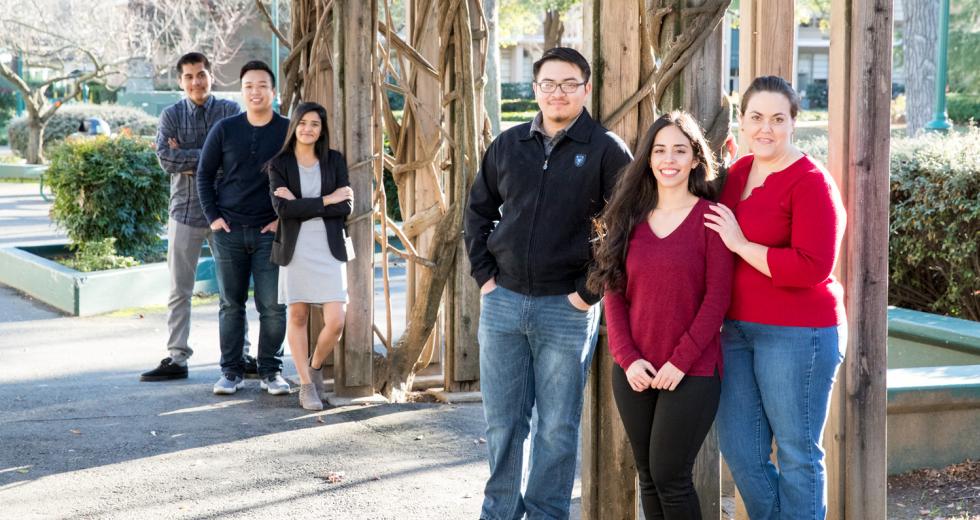Monica Sandoval is 24 years old and has just earned her graduate degree in early childhood development from Pacific Oaks College in Pasadena, Calif. Two years ago, she received her B.A. in child development from Whittier College in Los Angeles. But when she was in 9th grade, living in Oak Park and attending Sacramento High School, Sandoval never thought she’d even be able to attend college, and if she did, she’d have to stay close to home — her family simply couldn’t afford to send her to a university.
“Coming from a very traditional, Mexican background, my parents didn’t have the advantage to go to college,” Sandoval says. And she says they were upfront about her options. Sandoval says she thought she’d be lucky to attend Sacramento State or a local community college, if she was able to go at all.
But when she was 14, in 2006, her school counselor told her about a new program called Future Sacramento (formerly known as Future Foundation of Sacramento). If she was accepted in their first class of students that year, Sandoval would be given a needs-based scholarship that would pay up to $5,000 a year. She would also receive mentorship for the length of her education; help finding other scholarships, grants and funding; assistance with school paperwork and with finding lodging and paying for textbooks.
Upon receiving her bachelor’s degree in 2014, Sandoval became Future Sacramento’s first student to complete the program and graduate college.
“When students have the ability to overcome their obstacles, that’s when they succeed,” says Future Sacramento’s executive director, Elizabeth Marlow. She says the funding means more than just money to the students, it also “relieves a pressure and gives them a sense of relief, so they can focus on their education.” Sandoval agrees: “[My family] didn’t have to worry about anything, that was amazing, just having that relief. It was a real blessing for them.”
Since Sandoval joined the first class of recipients in 2010, Future Sacramento has awarded more than 70 college scholarships, for a total of more than $490,000, and has mentored their students and helped them apply for and receive more than $1.7 million in grants and other scholarships. The program is mostly funded by small donors and individual gifts. There are currently 32 total students going through the Future Sacramento program, and since Sandoval’s graduation two years ago, two other students from the first classes have earned their college degrees, and more will graduate this year.
To be considered for and to remain in the program, students must maintain at least a 3.0 GPA and take CSU or UC-eligible courses while in high school, Marlow says. More than 300 applicants in 11th grade apply every year, (Sandoval joined the program when they accepted 9th graders) across dozens of high schools in the Capital Region — most are first-generation college students from low-income families. After they’ve done several interviews, and selected the final four, Marlow says they like to bring them in with their families, for what the students think is a final interview. It’s there in a big room together with everyone in the program gathered around that the judges tell the new class they’ve been accepted. “They’re told by their peers, not by a letter or a phone call. It’s really special and unique.”
That day, the students and their families don’t just find out that they’re really going to be able to attend college Marlow says, they find out that “they’re going with us behind them.”



